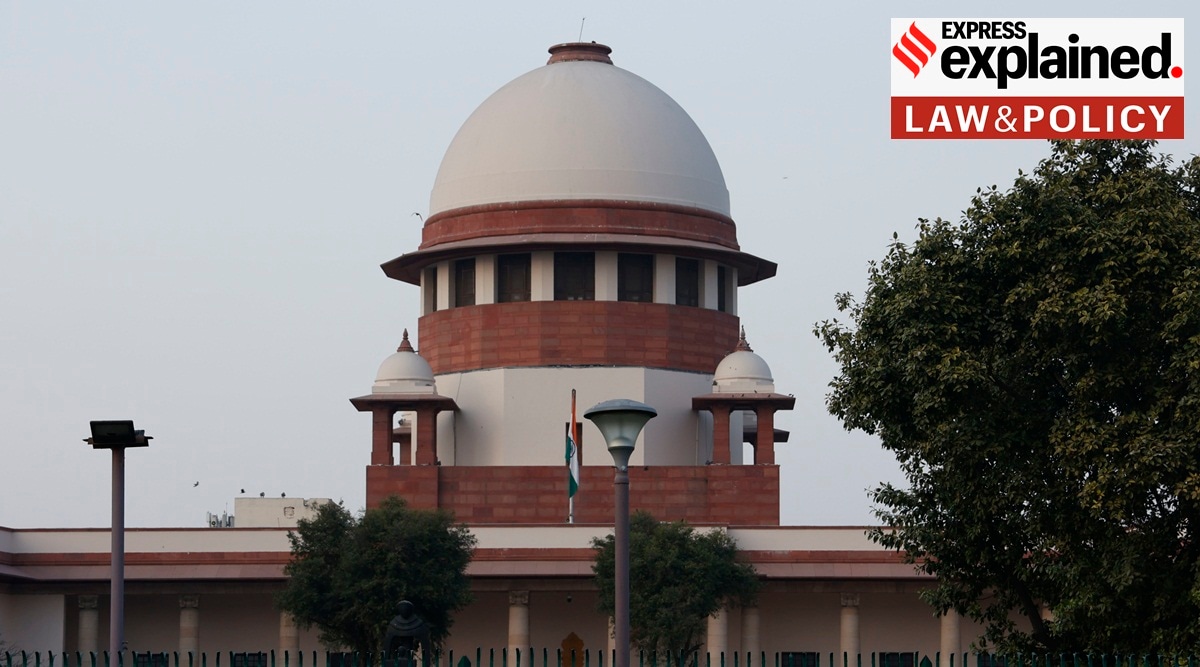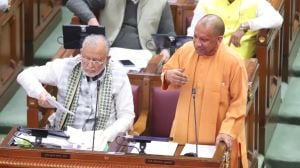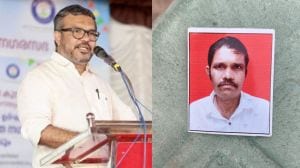The Supreme Court Friday ruled that even a mere membership of a banned association is sufficient to constitute an offence under the Unlawful Activities (Prevention) Act 1967. The ruling lowers the bar for who can be charged under the stringent anti-terror law.
A three-judge bench headed by Justice MR Shah also overruled three key precedents on this aspect which had distinguished between active and passive membership of an unlawful association and the crucial difference between advocacy and incitement to violence.

What is the ruling?
A three-judge bench comprising Justices MR Shah, CT Ravikumar and Sanjay Karol upheld the constitutional validity of Section 10(a)(i) of the UAPA. While reading out the operative portion of the ruling, the bench said that the provision is in consonance with the fundamental right to free speech.
In doing so, the SC also overruled earlier judgements that had read down Section 10(a)(i).
Section 10(a)(i) of the UAPA reads: “Penalty for being member of an unlawful association, etc.—Where an association is declared unlawful by a notification issued under section 3 which has become effective under sub-section (3) of that section,—
(a) a person, who—
(i) is and continues to be a member of such association…”
The rest of Section 10(a) includes a person who takes part in meetings of such association; or contributes to, or receives or solicits any contribution for the purpose of, such association; or in any way assists the operations of such association.
Story continues below this ad
What did the earlier rulings say?
In 2011, a two-judge bench in ‘Arup Bhuyan v State of Assam’, a two-judge bench of the Supreme Court comprising Justices Markandey Katju and Gyan Sudha Misra had said that a person’s association with an unlawful organisation must be an active “membership” which required actual incitement to violence or the act of committing violence.
Arup Bhuyan’s challenge was to similar provisions in the Terrorist and Disruptive Activities (Prevention) Act (TADA) which are now repealed. However, UAPA, the anti-terror legislation that succeeded TADA, retained the same provision. Several High Courts and even subsequent benches of the SC relied on the principle in the Arup Bhuyan case to hold that membership meant active membership and not just “mere membership” without any proof of incitement to violence.
Possession of literature or expression of sympathy to the cause without any real involvement in the crime can be counted as evidence of “membership” if the threshold is lower and does not require actual involvement.








































